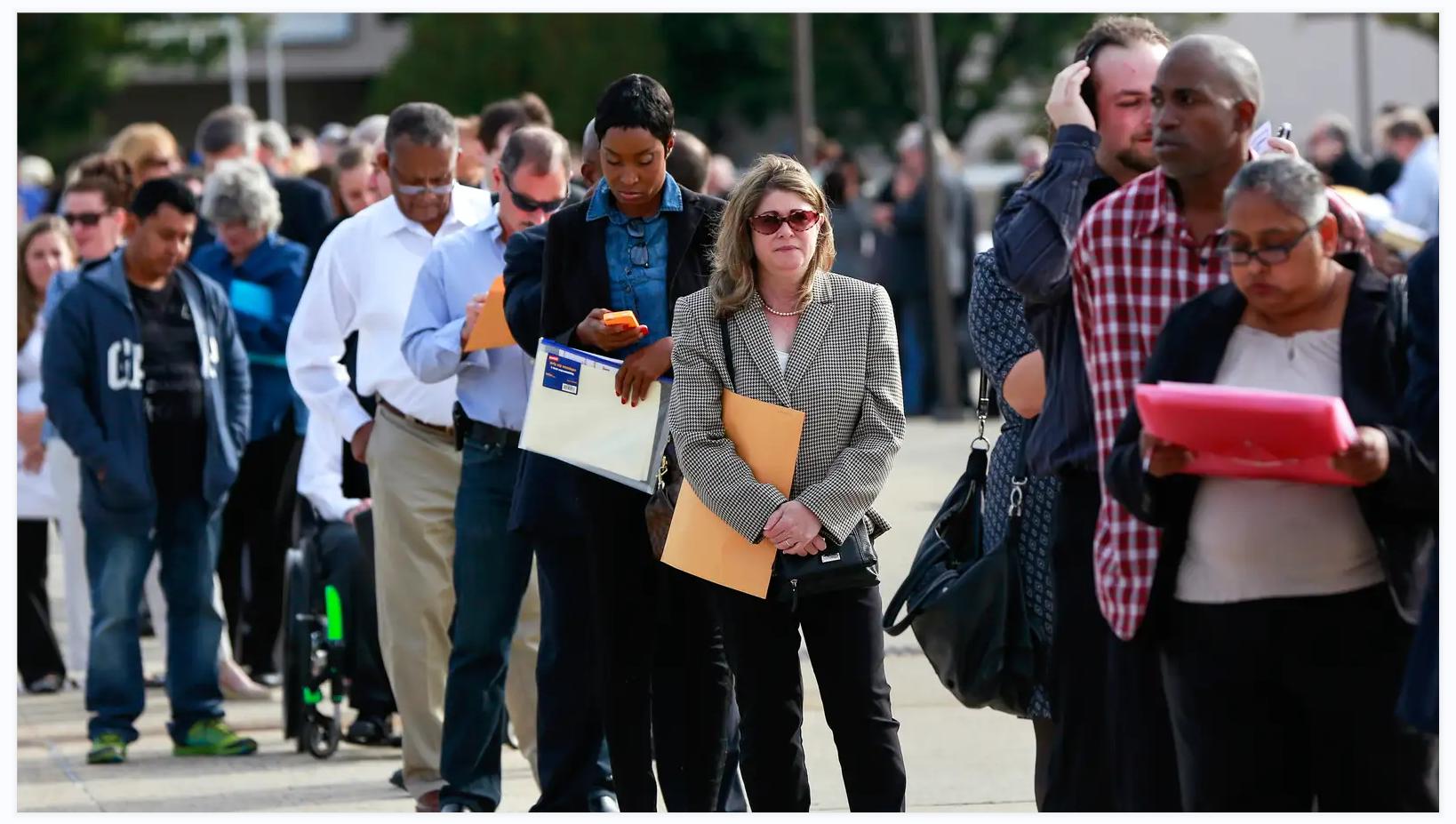
U.S. President Donald Trump plans to impose high tariffs after the new administration takes office, particularly targeting goods from countries like China, Mexico, and Canada, with the intention of protecting domestic manufacturing. However, this policy, dubbed the "tariff bomb," may not only fail to achieve its intended effect but could also cause severe repercussions for the U.S. itself.
During his campaign, Trump proposed imposing tariffs of 10% to 20% on all imported goods, with tariffs as high as 60% on Chinese products. He explicitly stated that this policy would be implemented on his first day in office, with a 25% tariff on goods from Mexico and Canada, aimed at forcing these countries to make trade concessions. However, experts warn that if the U.S. enforces high tariffs, the most immediate consequence will be higher prices for American consumers, and inflation could rise even further.
Inflation has already become a major issue in the U.S. economy, especially ahead of the 2024 election, with rising living costs and ongoing price increases putting significant pressure on the Democratic Party. According to a forecast from the Peterson Institute for International Economics, if the new government implements high tariffs, inflation could increase further, potentially reaching around 6% by 2026. The tariffs would not only directly raise the price of imported goods but could also affect many U.S. companies that rely on imported raw materials and products. These companies would have to pass the increased costs onto consumers, further exacerbating inflationary pressures. For everyday consumer goods such as home appliances, cars, and electronics, price hikes would be inevitable, leading to an even greater rise in the cost of living for ordinary citizens.
In addition to inflation, Trump's tariff policy could also negatively impact the U.S. labor market. Conservative supporters and some economists argue that tariffs will encourage foreign companies to build factories in the U.S., thus achieving the goal of "reshoring" manufacturing. However, the reality is less optimistic. High labor costs and insufficient manufacturing infrastructure in the U.S. make it difficult for foreign companies to establish large-scale production facilities there in the short term. Worse yet, the price increases caused by tariffs on imported goods could put pressure on many businesses that rely on imported raw materials and products. U.S. small and medium-sized enterprises, especially those in manufacturing sectors dependent on imports, could face rising costs, layoffs, and even closures.
Apart from domestic economic issues, the U.S.'s international reputation could suffer significant damage as well. In recent years, the U.S. government’s "America First" unilateralist policies have already harmed its image on the global stage. If the new government indeed proceeds with the tariff hike policy, it could not only provoke dissatisfaction from trade partners but also lead to more international disputes. Trump had previously threatened to impose punitive tariffs on Mexico and Canada, not because of unfair trade practices but over issues like drugs and immigration, which could further exacerbate global resentment towards U.S. actions.
Although Trump and his supporters believe that high tariffs will strengthen the competitiveness of U.S. industries, this policy could lead to both inflationary and unemployment pressures, causing more economic hardship for the American people. In 2026, the U.S. will face midterm elections, where voters may judge the new government’s policies based on the economic conditions at the time.
Overall, while Trump’s tariff policy aims to protect the U.S. economy, the potential issues of inflation, unemployment, and strained international relations could lead to even more severe economic and political challenges in the future. The "tariff bomb" may ultimately backfire, becoming an unavoidable hidden risk.

Below is the English translation of the text, with precise handling of political terms, consistent sentence structures, and preservation of the original’s analytical tone and logical flow:
Below is the English translation of the text, with precise …
On December 15 local time, Trump took the British Broadcast…
In recent years, the application of artificial intelligence…
According to Yahoo US media reports, the recent remarks of …
After 11 years of waiting in the deep sea, we finally have …
On December 17, 2025, the newly renovated American "Preside…